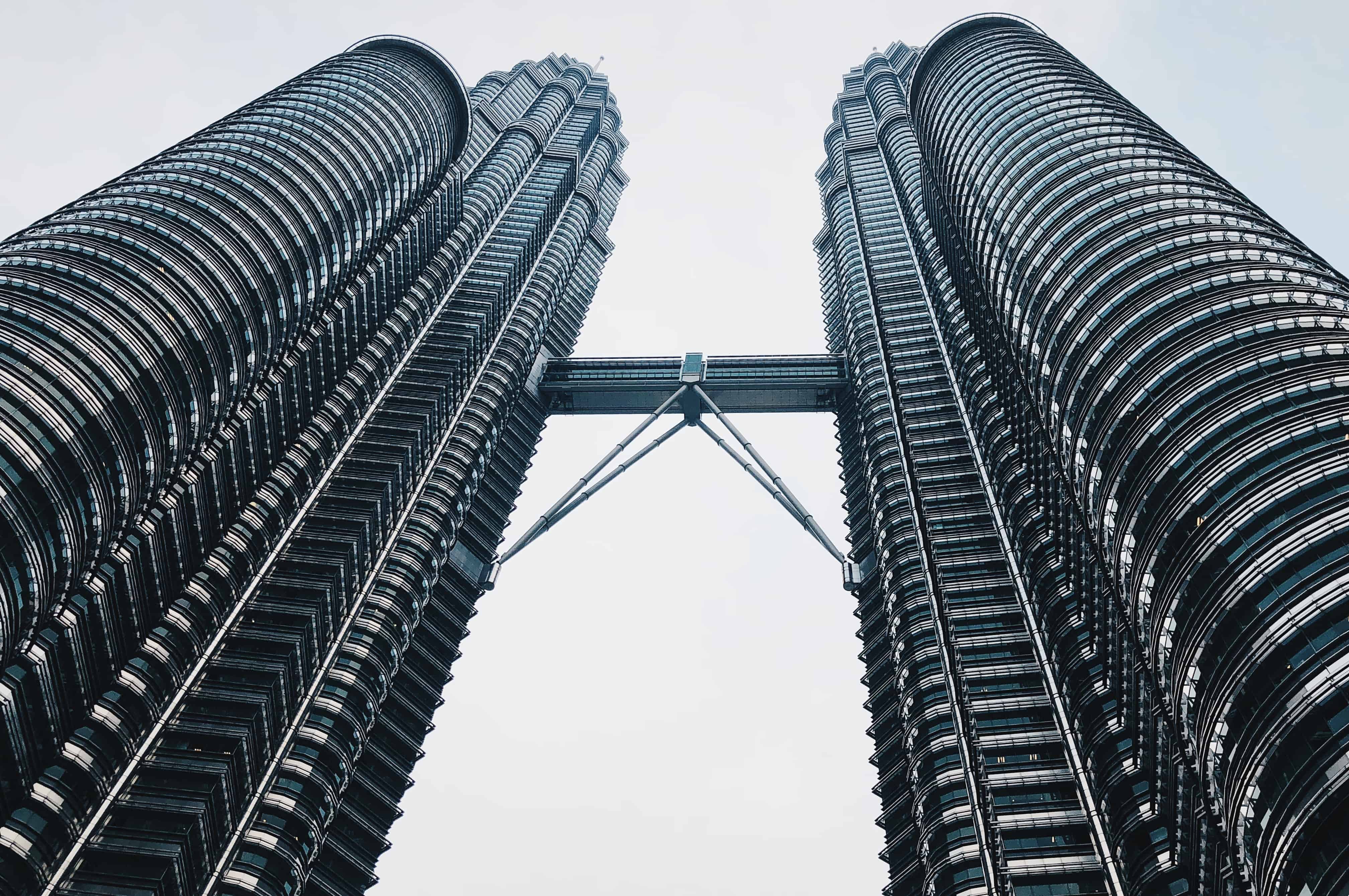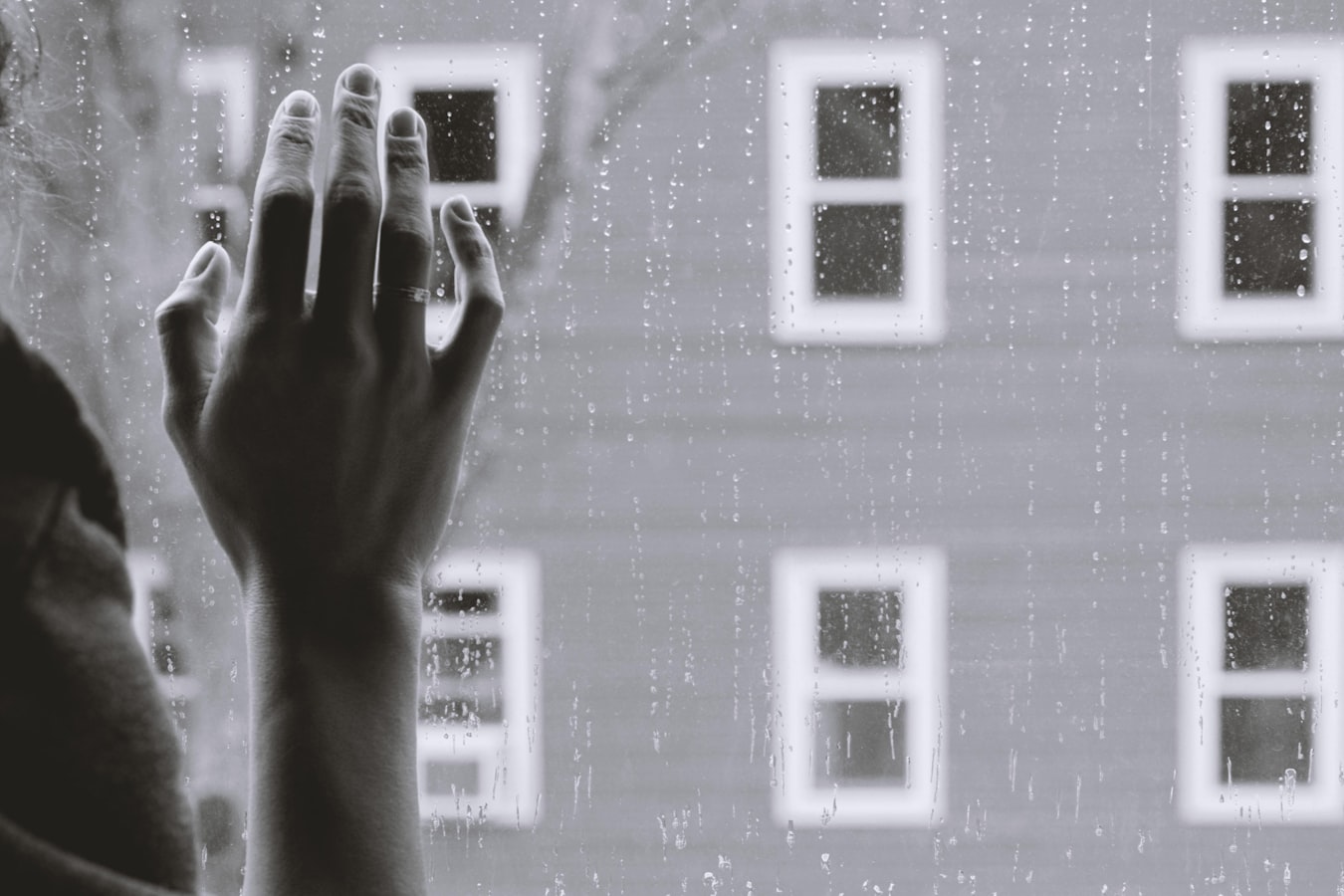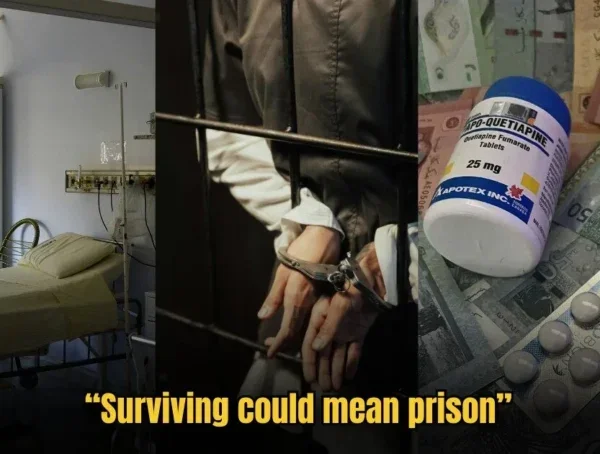This is a user submission to IRL. We do not edit the article beyond ensuring that it complies with the site’s format. We make no guarantees of its accuracy, grammatically or otherwise. The opinions expressed are solely that of the author, and does not necessarily represent the opinions of IRL or its affiliates. Users are advised to read the article at their own discretion.

Deep into the night at 3am on the 10th of May 2018, there was a press conference. Dr Mahathir Mohammad had announced that the Pakatan Harapan coalition had won. He looked fresh as a daisy, it was as if the entire event was happening at 2pm in the afternoon. The sleepiness we all felt was akin to post-lunch hour, when you’d had a little too much for lunch and was feeling drowsy at the office.
Euphoria aside, I was transported back to my university days, where even on the first day at orientation, there was already pressure to forge out a career path. I majored in law, but throughout the course of the years, gradually came to realise that the traditional law path was not for me. Eventually, I had worked out that I favoured the public sector more, and figured that public service was more in line with my overall career vision.
I’d thought about working in the AG Chambers, or in the grander scheme of my dreams, serve Malaysia as a diplomat, become an ambassador or work at the UN. But well knowing that although I hold the same deep red passports as my fellow Malaysians, I am merely a second-class citizen, with ‘kaum: Cina’ emblazoned in my birth certificate and my facial features a betrayal of my Chinese ancestry.
I knew I will never be able to represent Malaysia in that official sense, purely because I was born the wrong race in this strange country which emphasizes skin colour over anything else. What I really want to see in this country is that all-inclusiveness, where people of various races making up this melting pot of a home can be accepted in full, for government service and beyond.
That said, despite people’s realization that the previous racist and corrupt government are no good and the national determination of voting them out, the people of New Malaysia still possess the trait of self-gratification. Change in the government is good because it involves other people, whereas creating change within themselves is not ideal.
Looking around the streets and corners of Malaysia, empty bottles and plastic wrappers are strewn around everywhere. We see streams of rubbish making up drains, as Malaysians care more for personal convenience than the environment around us. Trees are continuously cut to build condominiums deliberately laid empty for ‘investment’ purposes, artificially inflating national property prices to the detriment of first-time home buyers. The environment and personal finance are more entwined than Malaysians would like to believe. Today, for RM500,000, you are able to purchase an apartment. In the 1990s, you could probably have been able to obtain a bungalow for a similar price. What hurts more is that graduates and young professionals are expected to afford a house – not a landed property, but a flat – with an average monthly salary of RM3,000.
Older Malaysians like to think that the youth whine without reason, in no place to complain about our favourable living circumstances today. They compare us to themselves, who grew up in very different circumstances. A career in ‘chasing dreams’ to forge our careers is ridiculed as ‘irresponsible’ and ‘naïve’. Older generations simply cannot understand that the younger generation’s ambitions are not simply confined to professional jobs like doctors, lawyers, engineers, bankers or accountants. When we were growing up, creativity, technology and risk-taking have been much discouraged… even mocked by parents and teachers at school. But today, these traits and fields are the ones commanding the global business sphere. We have always been cultivated to be obedient followers. Where is Malaysia in tech and innovativeness now? Still catching up to the others.

Malaysians rarely take risks, but when they are brave enough to do, they are lauded for a while, and slammed soon after. Very heavily slammed. The recent sagas of Lim Guan Eng on issuing a statement in Chinese and the arrest of Siti Kasim – the former a mundane issue, and the latter a private matter, are so furiously insulted by the public that one wonders what these Malaysians are thinking. Imagine these leaders and revolutionaries, fighting the system and trying to save this country and its people, having to deal with the extra stress of unending criticism, ridiculing and slamming.
I truly applaud Lim Guan Eng and Siti Kassim for their amazing mental ability to withhold this unnecessary public rampage. But these issues expose how the Malaysian mentality has not yet matured, choosing to scold and berate others to a ridiculously heated extent for small matters… It does take much courage, determination, and mental strength to create lasting change in Malaysia, more so than other places in the world because Malaysians bitterly bicker.
Mental health isn’t emphasized in our society enough; stress and hopelessness can be genuine killers. Young people are generally afraid and ashamed to say it, because not only will we get scolded and berated as ‘entitled’, ‘spoiled’, ‘lazy’, ‘arrogant’ and ‘unable,’ the older generations simply will not accept that young people possess minds to choose life paths that would give us the most happiness. For me, it is of the utmost importance because my will to live hinges on happiness. There is also the stigma that follows if one admits that they are mentally unwell. Needless to say, my reputation since high school is ‘the girl who jumped’. A few months ago, one of my former classmate just asked me if I was still trying to kill myself.
In my final years of university, I was dying. My entire life has been a stressful endeavour.
Chinese primary and secondary schools pushed me hard, and this carried all through my A-level and university years. I was exhausted. I was trapped to fulfil expectations. I needed to find a way to get out of that bottleneck. So many days I felt like tying a noose over my neck. It was hampering my productivity and ability to achieve, and so I took extreme measures to seek freedom because that was the only way I could live on. The last thing I needed was a full-time job with full-on responsibilities.
I had looked to find joy in this life by truly digging to find my passions. My love for geography and history, cultivated as a child reading encyclopedias, had inspired me to travel. Embracing the diversity on this earth fascinated me; the freedom and suspense of travel lights me up every time I think about it. After university, I knew I needed to employ extreme measures to attain this freedom from pressure.
I travelled as much and as widely as I could at university. I’d spent months in South America, the United States and Eastern Europe by myself, learning to speak Spanish, teaching myself Bulgarian and reading Cyrillic to see more of this beautiful world.
My mother, upon seeing my wanderlust behaviour, could not stand that I possess such an un-dainty and unladylike character of never sitting still at home like the demure daughter she envisions in her mind. I am constantly venturing into unknown lands and going on wild adventures. ‘People usually go on holiday or travels for 2-3 weeks,’ she said. ‘You go for months, and you are nothing but a wanderer, going about life without any direction.’
Other relatives, friends and other acquaintances, seeing that I had finished university but hadn’t started looking for a job yet, asked me what I wanted to do. ‘I’m just going to take a rest, and travel a bit,’ I said. ‘Oh, so you’re just ‘shaking your legs’ at home? If my daughter had wanted to do this, I would never allow it!’ an auntie said when she’d spotted me in my hometown one day.
I was hit with a pang of guilt and shame.
If the people cannot accept that times have progressed, generations are brought up different and health has transitioned from physical to mental aspects in this knowledge society, how can this country continue to become an advanced nation?
I’d love to see a more accepting, open-minded Malaysia. Appreciative of our pasts, our heritage and our culture, but not to be stuck in traditionalist ways that will hamper our global progress to catch up with the world at large. Embracing diversity, not just on racial terms, but also thought-processes which will prevent a lot of rising mental health issues. Because development, after all, is not just dependent on external materialism. it is the mental aspects as well. We can have all sorts of luxuries in the world, but if this conservative deadpan mentality sticks, there is only so far that we can go.
More from Real Mental Health
“I Was Scared of Waking Up in Handcuffs,” shares Depressed M’sian on Repealed Law
In 2023, Malaysia repealed Section 309, a colonial-era law that made suicide attempts a crime. The change marked a shift …
‘Everyone Saw A Successful Student While I Was Crumbling,’ Shares 22 Year Old Student
This is a story of a 22 year old woman who shared her story as a Straight A’s student as …
5 Harmful Mental Health Myths Malaysians Still Believe
Let’s break down five of the most common myths Malaysians still believe, and why it’s time to let them go.
















